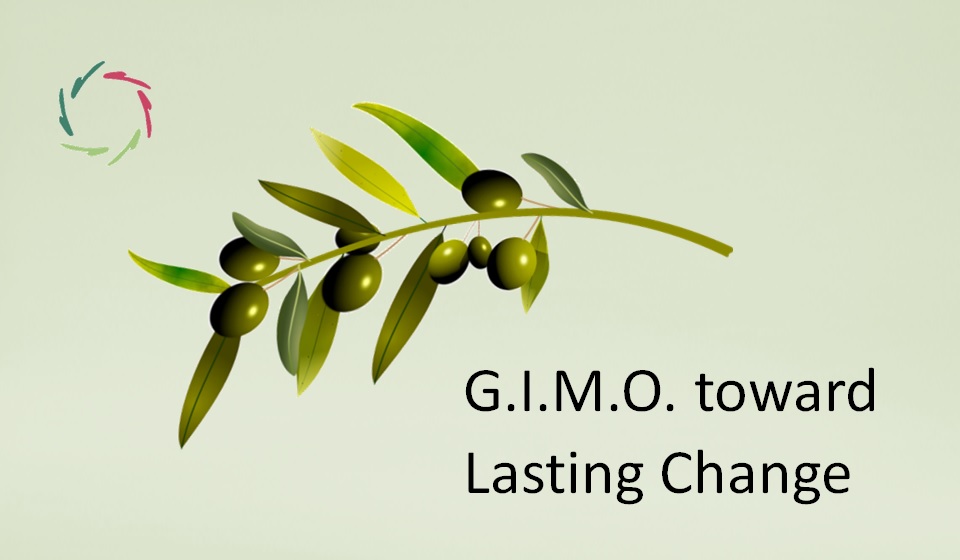Zen in Therapy

Meditation and conceptual psychotherapy are fundamentally different. Yet, in therapy, there should be a crucial place for meditation.
In this text:
– Therapy and coaching – therapist and coach – are the same.
– Zen is – literally – meditation. Zen and pure meditation are the same.
The meditative mindset of the therapist
This is not just about being more attentive. The meditative mindset is one of deep attention ‘beyond the conceptual.’ I have written about this as ‘empathy beyond.’ Meditatively, one can also see this as being attentive to a background glow (metaphorically speaking).
It certainly helps the therapist to have good experiences in formal meditation. In my experience, the best option is pure meditation, as one can encounter in certain kinds of Zen ― being careful for there is a lot of chaff in that field.
The therapist’s humility
The humility of ego is never easy.
A therapist may enjoy the status given to him by many of his clients. This may even be his primary job motivation. However, a distinction must be made between ego-status and the charisma of the total-self. Humility of ego within the therapeutic encounter is necessary to enable two total selves to communicate profoundly ― this is: meditatively. One way or another, there is a choice to be made between mere-ego and total-self.
It is a choice between ‘you’ and you as an immensely valuable person.
As a therapist, if one gladly continues using conceptual methods, one should strive not to let them stand in the way of attaining the meditative stance. The ensuing therapy becomes listening to broader mental-neuronal patterns. This is artful. At the same time, it is based on science ― no magic.
Therapy as a being together meditatively
The term ‘meditation’ (or Zen) doesn’t need to be uttered for this. A therapist’s meditative attention for the client can induce the client’s meditative response. The result is a meditatively being together that can further support therapist and client in their mental growth in the short and long term.
What a privilege for the therapist!
AURELIS coaching techniques
These are meant to enhance the meditative mindset of the therapist. All the way through, they are not to be put between the therapist and the client. Starkly put, the client is the therapy.
These techniques can also be used within Lisa, bringing the meditative mindset to the fore even though – technically – Lisa cannot meditate as a human.
The end goal
is your being meditatively present in the universe. Happiness, health, and inner strength are gifts from this presence.
Eventually, there is no other way.


